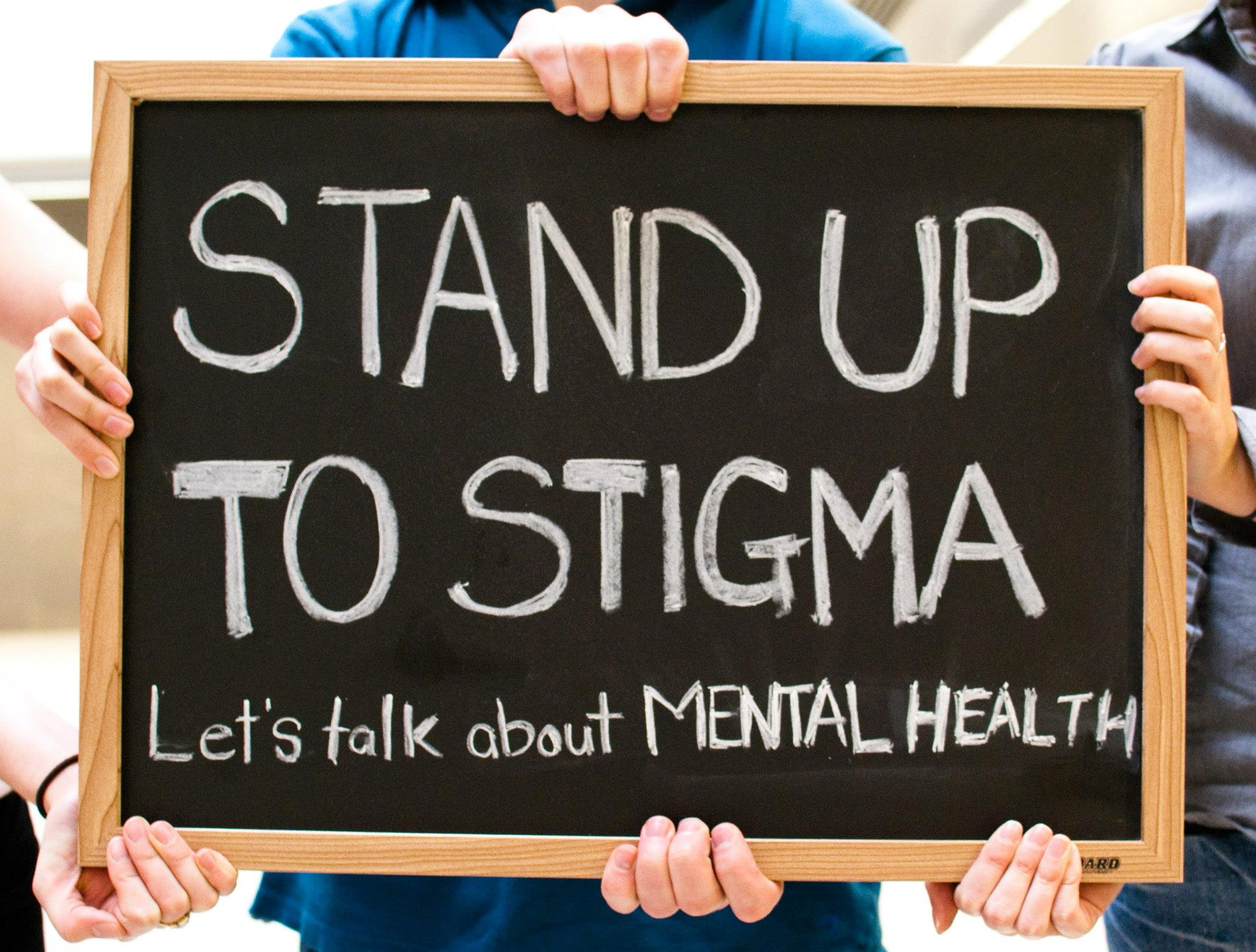Introduction
In the realm of mental health, the term “stigma” is often portrayed as an unjust barrier preventing individuals from seeking help. While it’s true that stigma can deter people from accessing care, it’s essential to examine the roots of this perception. The mental health system, as it stands, has several shortcomings that contribute to public skepticism. This article delves into the reasons why the stigma surrounding mental healthcare may, in fact, be warranted.

1. Psychiatry Often Overlooks the Brain
Psychiatry remains one of the few medical specialties that seldom examines the organ it treats—the brain. Unlike cardiologists or neurologists who utilize imaging to inform diagnoses, many psychiatrists rely solely on patient-reported symptoms and clinical observations. This approach has remained largely unchanged for over a century, despite advancements in neuroimaging technologies like SPECT scans.
2. Accessing Mental Health Care Is Challenging
Finding a suitable therapist or psychiatrist can be an arduous process. Many individuals encounter long wait times, limited provider availability, and difficulties in finding a compatible professional. As of December 2023, more than half of the U.S. population resides in areas with a shortage of mental health professionals . This scarcity exacerbates the challenges individuals face when seeking care.
3. Treatment Approaches Can Be Arbitrary
Once in treatment, patients often experience a trial-and-error approach to medication management. Without objective diagnostic tools, psychiatrists may prescribe multiple medications before finding an effective regimen. This process can be frustrating and disheartening for patients, leading to further skepticism about the efficacy of mental health treatments.
4. Innovative Treatments Remain Underutilized
Despite the emergence of effective treatments like Transcranial Magnetic Stimulation (TMS), Spravato (esketamine), and ketamine therapy, these options are not widely adopted. Studies have shown that TMS and ketamine can be effective for treatment-resistant depression. However, many practitioners continue to rely on traditional methods, potentially due to a lack of awareness or resistance to change.
5. The System Is Overburdened
The mental health care system is strained, with providers often managing large caseloads and experiencing burnout. This overextension can impact the quality of care and contribute to negative patient experiences. In turn, these experiences can reinforce public skepticism and perpetuate the stigma surrounding mental health care.
Conclusion
While efforts to reduce stigma are crucial, it’s equally important to acknowledge and address the systemic issues within mental health care that contribute to public mistrust. By recognizing these challenges and striving for improvements, the mental health field can work towards rebuilding trust and ensuring that individuals receive the care they deserve.

